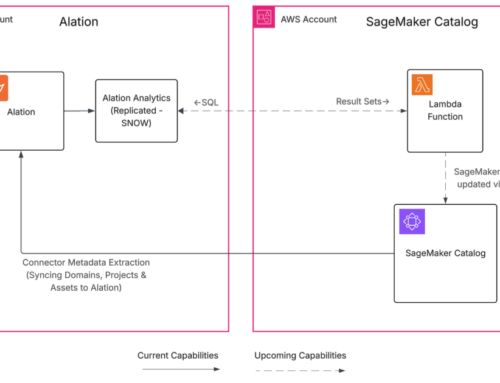The Hidden Risks Of Gas Station THC
March 29, 2025
Walk into any small-town Mississippi gas station, and chances are the shelves are lined with brightly colored packages promising “relief,” “calm” and “focus.” Unlike the medical cannabis products sold at licensed dispensaries in the state, these unregulated gas station synthetic cannabinoids exist in a legal gray area — leaving consumers vulnerable to unknown risks.
These products may be in the form of brightly colored gummies, cartridges, sodas and oils. Whatever form they are in, they all promise the same thing — calming or euphoric effects. Most of these products contain synthetic cannabinoids such as Delta-8 THC.
Due to a loophole in the 2018 federal Farm Bill that legalized hemp and its derivatives containing less than 0.3% Delta-9 THC, these substances remain legal under federal law.
However, these products can still produce a high.
Oxford Police Officer McKenzie Rogers said the department has responded to an increasing number of incidents where people have reacted poorly to gas station THC products.
“They think they’re having a mental health episode,” Rogers said. “But really, it’s just the drug affecting them differently this time than the last time.”
The FDA and medical experts are warning that Delta-8 has been linked to health effects such as hallucinations, vomiting and hospitalizations.
Rogers said the reason for this is the inconsistent dosage in the products.
“You can’t monitor how much marijuana is in each bite or each hit or each whatever you’re ingesting,” Rogers said.
The regulation of these products in Mississippi is limited. Unlike cannabis products sold at licensed dispensaries — where contents and potency are strictly regulated — gas station alternatives can vary wildly. One dose might have little effect, while the next could be dangerously strong. Rogers compared it to seasoning food.
“If I took a spoonful of salt and pepper, one scoop might have 1,000 grains of salt and 19 grains of pepper, and the next could be the opposite,” Rogers said. “That’s what happens with these unregulated products.”
These products are one reason why Mississippi researchers are working to combat misinformation about cannabis and educate people about distinguishing medical cannabis from unregulated alternatives. One of the key players in this effort is the National Center for Cannabis Research and Education (NCCRE) at the University of Mississippi.
The UM School of Pharmacy has been home to one of the nation’s leading cannabis research programs for decades, and the school has provided cannabis for federally approved studies since 1968. Established in 2022 — the same year that the Mississippi Medical Cannabis act legalized marijuana for patients with specific medical conditions — the NCCRE is now building on the university’s half-century of cannabis research.
One of the NCCRE’s most important missions is public education. The center is launching a series of initiatives to educate people across the state about medical cannabis and unregulated alternatives. Robert Welch, the center’s director, emphasized the importance of equipping people with accurate, science-based information.
“One of the things the state is dealing with, outside of the medical cannabis program, is these gas station products,” Welch said. “We’re working on educating people about what they are, what risks they pose, and how to make informed decisions.”
While education is critical, Rogers believes policy changes will be necessary to curb the spread of unregulated cannabis alternatives.
“Our Metro Narcotics Unit throughout the county and the city has had a big impact on stopping the sale of things that aren’t regulated,” Rogers said. “But it’s going to take more — whether that’s a city ordinance or state legislation — to actually help us.”
The Mississippi Medical Cannabis Research Program, now housed at the NCCRE, is working to provide lawmakers with the data they need to make informed decisions about regulation.
Through its growing body of research and public outreach efforts, the program hopes that Mississippians will have access to not only better information but also safer cannabis options.
Search
RECENT PRESS RELEASES
Related Post



